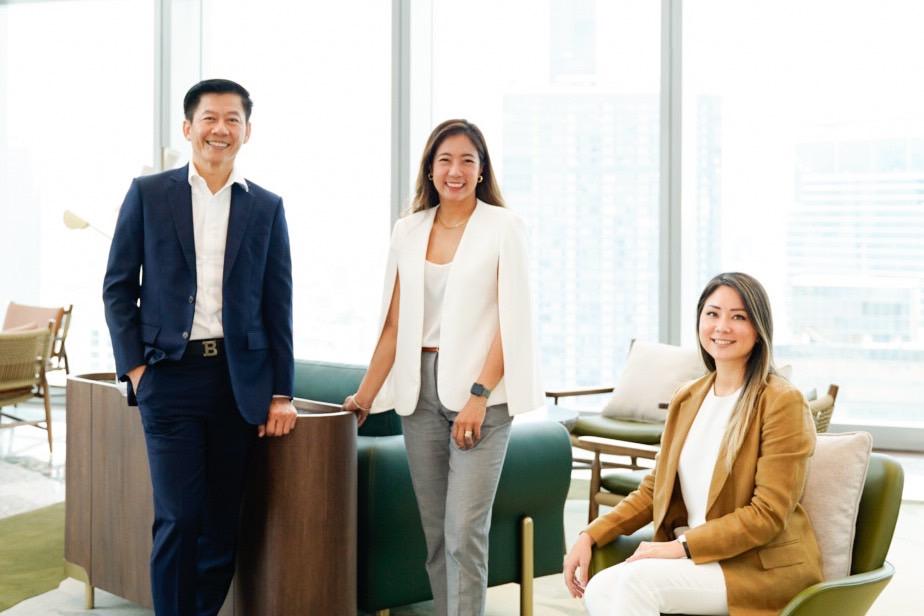
Businesses providing co-working spaces have maintained a steady growth post-pandemic as people return to work by opting for a flexible working space, with the Asia-Pacific region reporting a higher utilisation rate than other regions, according to The Great Room, an operator of co-working spaces.
More employees are returning to the office environment, which demands face-to-face meetings and events, said Su Anne Mi, The Great Room's co-founder and chief operating officer.
Rather than utilising online communication at home, company workshops and investor meetings still need to be carried out in person, she said.
Asia-Pacific is expected to record a 65% office utilisation rate, meaning employees have returned to the office for about three to four days a week.
This rate is better than the rates recorded in Europe and the US, which had only reached 50%, as employees there only worked from the office for two and a half days a week.
Ms Mi said the rate would take some time to reach the 80% office utilisation rate recorded before the pandemic, with the rate in Asia potentially increasing to 75% by next year.
In Asia-Pacific, about 4% of office space is used for flex spaces, according to a CBRE Asia-Pacific survey this year.
By 2030, flex spaces would account for 30% of total office space. Ms Mi said there is room for this figure to grow with greater demand as more clients want to increase their flex spaces.
At present, over 48% of companies have adopted flexible seating, and this number is estimated to increase to 80% by 2025.
Ms Mi said operators of co-working spaces have managed to survive the pandemic, with flexibility becoming the key to success as it enables each corporate to scale up or down based on its headcounts.
Firms can start by renting a smaller space for a period of six months, then expand later, she said.
The Great Room is currently operating in nine locations across three markets -- Thailand, Singapore and Hong Kong.
It has two locations in Thailand at Gaysorn Tower and Park Silom, through a joint venture between The Great Room and NYE Estate and Minor International.
According to Selin Demir, general manager of The Great Room Thailand, the Gaysorn branch has an average occupancy rate of over 90% per year, attracting mostly luxury brands and hospitality companies.
One month after its launch, the Park Silom branch secured a 40% occupancy rate, and this would reach 75% by the second half of next year, said Ms Demir.
The company's target group is large multinational companies as well as pharmaceutical and biotech firms as the trend shows that these enterprises are more interested in renting co-working spaces rather than a fixed office space.
Both branches in Thailand have also seen an influx of customers from Europe and the US, mainly digital nomads using the company's hot desk services, as more foreigners have relocated to Thailand and Asia, she said.
With an area of 3,500 square metres across two floors, dedicated offices at The Great Room Park Silom start from 32,000 baht per month, while the hot desk service starts from 8,000 baht per month.
The company plans to open another co-working space in Sydney, Australia next year.
The Great Room is aiming for a 30% increase in revenue annually, driven by the occupancy rate and its expansion to new locations.
The firm is part of Industrious, a US-based workplace company, which operates over 160 locations in the US, Europe and Asia.